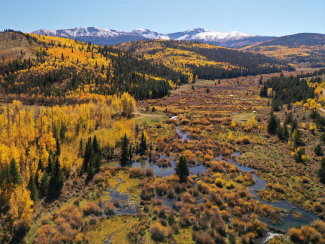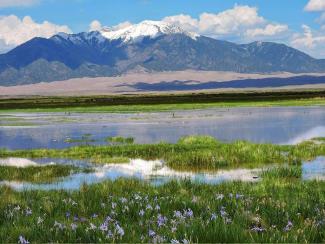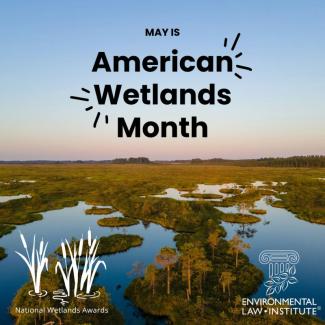Statistics, Machine Learning, and Wetlands?
If you told me years ago that I would be pursuing a degree in statistics and machine learning, I would not have believed you. Even after receiving the 2021 National Wetlands Award and immersing myself in a vibrant and innovative college environment, I have come to more fully appreciate the many ways we can approach wetlands conservation and education efforts.



